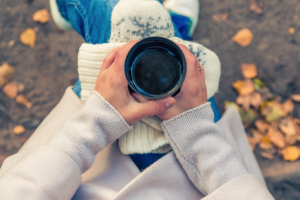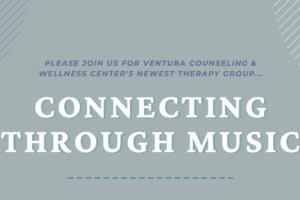Social media can be a resource. It helps people connect, explore shared interests, and stay in touch even when they’re physically separated. But it’s not without its drawbacks. Specifically, there’s a growing body of research that links social media and mental health — and not in a positive way.
We explored this topic five years ago, so we thought it was time for an update.
The latest research on social media and mental health
Globally, people spend an average of 143 minutes a day on social media. That means most of us are allocating two hours or more to scrolling through our feeds and interacting with other peoples’ content.
Time does seem to be an issue here. As experts at Yale Medicine point out, teens who spend more than three hours a day on social media are twice as likely to deal with negative mental health impacts like depression and anxiety.
It’s not just younger people, either. A study led by researchers from Massachusetts General Hospital, Harvard Medical School, and the Harvard Kennedy School’s Institute of Politics recently polled more than 5,000 adults from all 50 states. It found that people who used Snapchat, Facebook, and TikTok were more likely to report depressive symptoms.
A 2023 analysis of a number of studies provides a helpful overview here. It found that social media can deliver some benefits, but it also has notable cons. It can lead to body image issues, negative mood, loneliness, fear-of-missing-out (FOMO), decreased satisfaction with life, and lower self-esteem.
As a result, a growing number of trusted organizations have issued advisories around social media and mental health, particularly for young people. Those include the U.S. Surgeon General and the American Psychological Association (APA).
Finding balance with social media
All of this isn’t to say that social media is completely bad and should be eradicated from our lives. The important takeaway here is to monitor your own social media usage and how it makes you feel.
If you’re struggling with your mental wellness and your social feeds seem to be playing a role, you might benefit from a digital detox. Some time apart from your devices might give you the reset you need to take care of your mental health.
Another suggestion we have is to start by putting time limits on your most used social media apps. Whether you use an iPhone or an Android, both devices offer useful guidance for supporting what they call “digital well-being.” Doing this can help to integrate boundaries to prevent the impulse to use social media.
For many, social media can be used as a coping mechanism. But there’s a growing amount of research that suggests our well-being may be having an adverse response to its usage, especially when done in excess.
If you’re having a hard time finding the right balance with social media and mental health, talking with a therapist can give you added guidance and resources. Our therapists can work with you to identify alternative options for managing the things you turn to social media for. Contact us at the Ventura Counseling & Wellness Center in Ventura or the West Valley Counseling Center in Tarzana.





